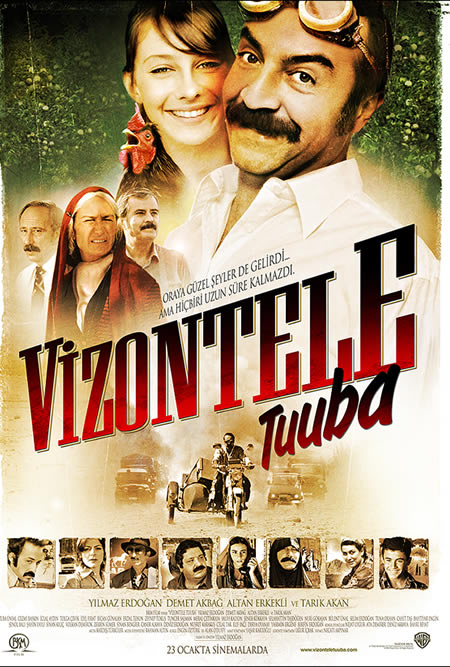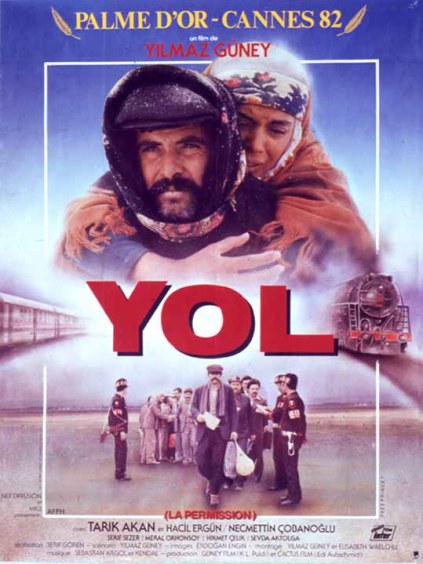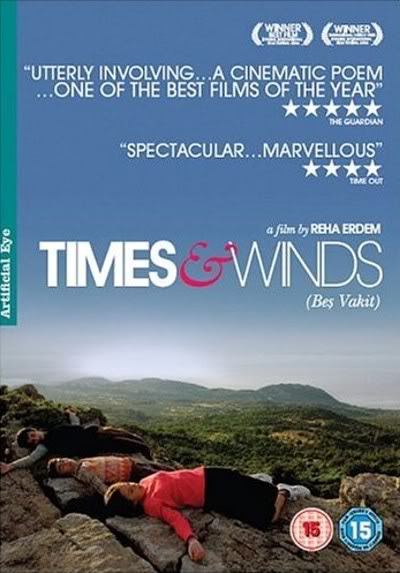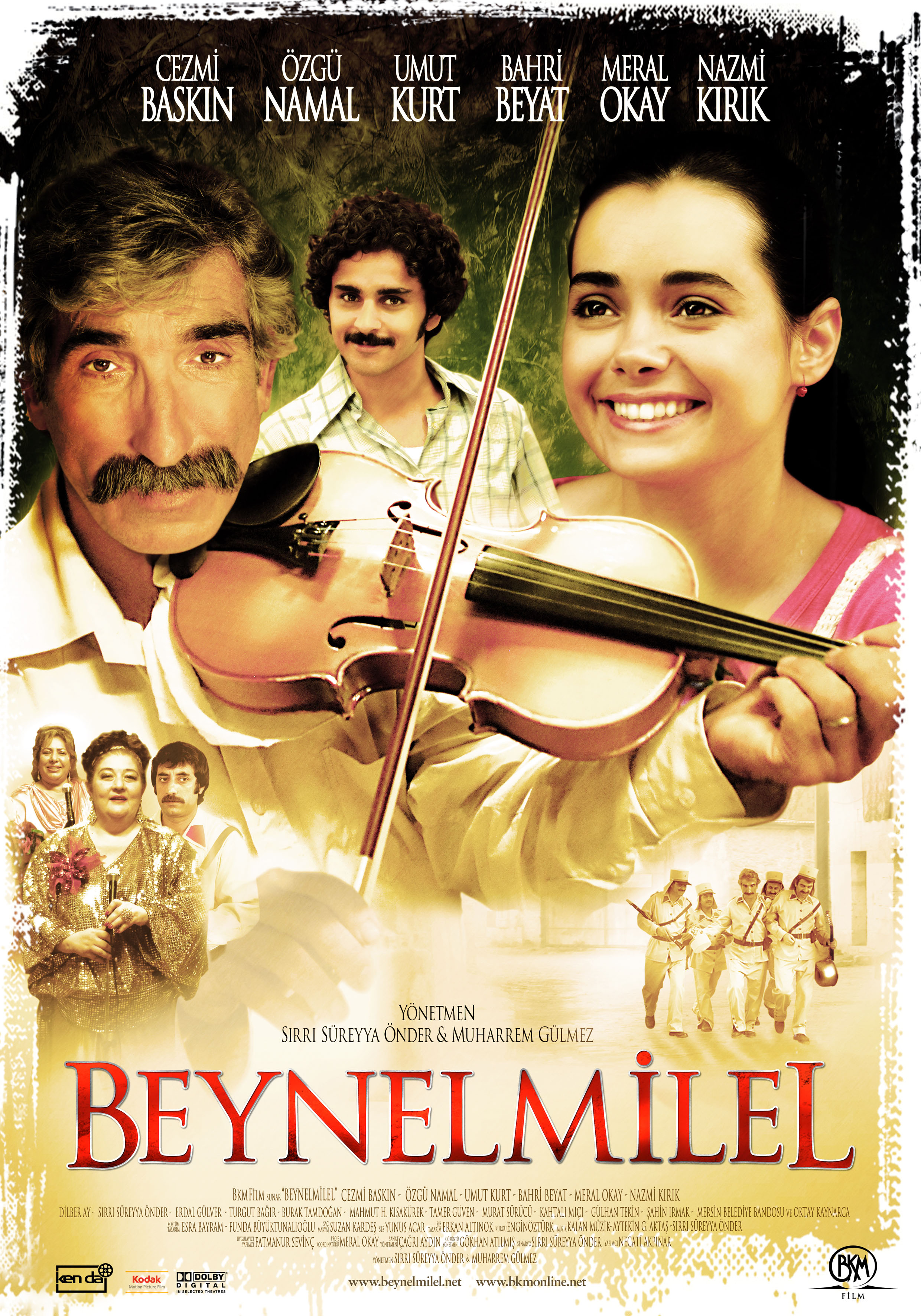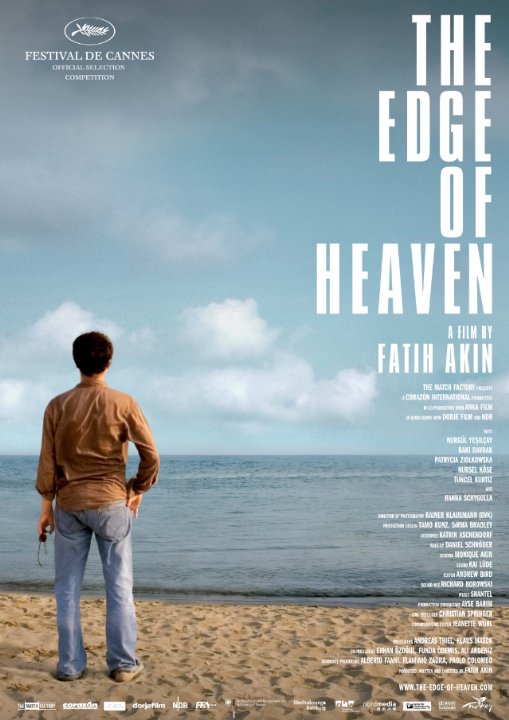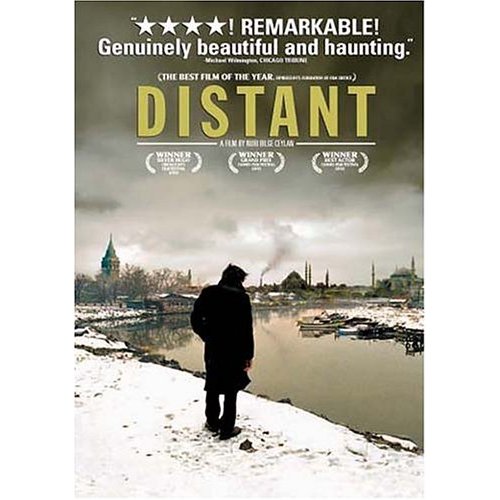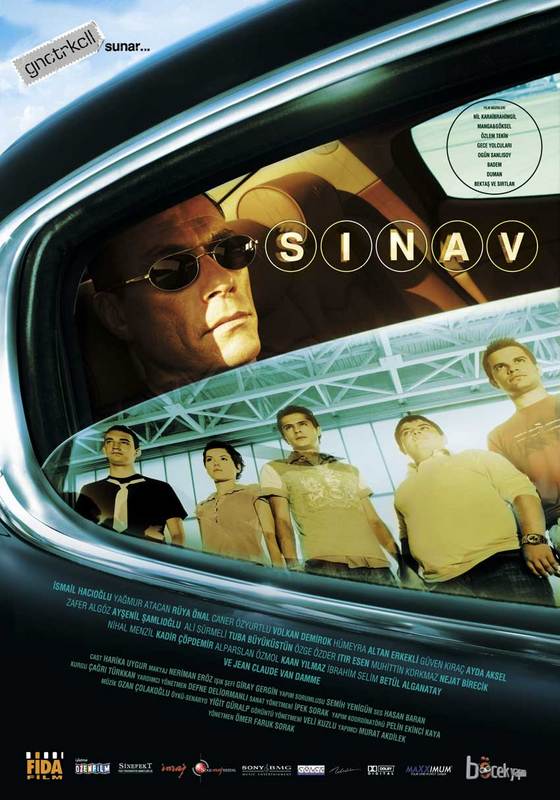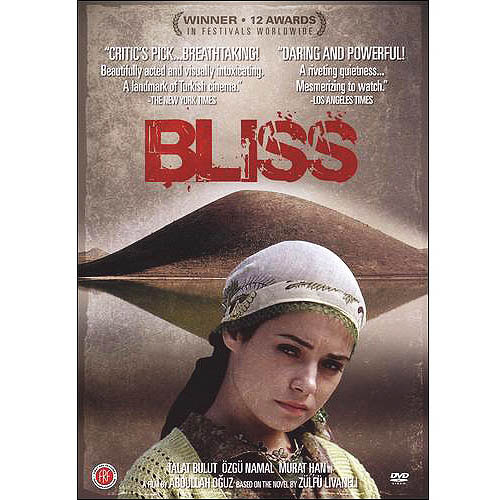Spring 2015
Tuesday, February 24
The Big Deal on Madonna Street (I soliti ignoti) (Italy, 1960)
Mario Monicelli directed this hilarious satire of classic caper films. It details the plight of a group of bumbling thieves who fail in their efforts when they discover they don’t even own watches! The cast of this comedy of errors include Marcello Mastroianni, a poor photographer who baby-sits for his jailed wife; Vittorio Gassman, an unsuccessful boxer; Renato Salvatori, a popcorn seller; Toto, the great comic actor and Claudia Cardinale, at the beginning of her career. This Monicelli film had a huge success on the international market.\
Tuesday, March 10
Paisan (Paisa) (Italy, 1946)
This is Roberto Rossellini’s follow-up to Rome Open City in which we were introduced to the neorealist period in our recent Italian Film Festival. Paisan is an ambitious, enormously moving film which consists of six episodes set during the liberation of Italy at the end of World War II and taking place across the country from Sicily to the northern Po valley. The story is told of people and cultures formerly united in aim and locked in struggle, but too far separated culturally and historically to discover their common humanity. “Paisan is not only the fullest indication of the neorealist style but it is the most complete communication of the disillusion and emptiness, the death of hope, the sense of letdown and utter frustration that come out of the end of the war. It is in my estimation the greatest of the immediate postwar films”. (Bosley Crowther, New YorkTimes).
It was awarded the Grand Prix at Cannes and First Prize at Venice and Brussels.
Tuesday, March 24
Poil de Carotte (Carrot Top) (France, 1925)
The master filmmaker Julien Duvivier filmed this story of childhood twice, once in 1925 as a silent film and then in 1932 as a sound film. These are among the few films that bear the rear soul of a child. In this household little Redhead makes mute appeal to the coldness of his mother who has born him illegitimately and for this reason lives with her husband in complete estrangement. Though they are classics from another era, these films offer a powerful story of child neglect still relevant today. Our film society screened an aging 16 mm print of the sound version in 1980 but this new digital restoration of the silent film is of mint quality. “…a powerful and important film…” (DVD BEAVER)
Tuesday, April 7
The Knights of the Teutonic Order (Krzyzacy) (Poland, 1960)
This is Aleksander Ford’s spectacular super-production of the medieval struggle at the Battle of Grunwald in 1410 and the victory of the Poles and Lithuanians over the German warrior-monks of the Teutonic Order, bearers of aggressive Germanization. Due to the support by the management of Polish cinematography and size of the enterprise it rivaled similar productions from the United States and Western Europe at the time. The film, which was a success in its genre, received an enthusiastic audience all over Eastern Europe.

